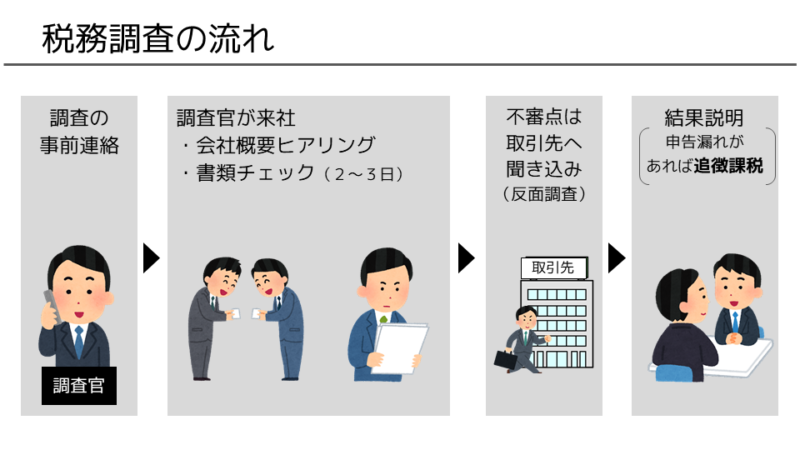Corporate Finance Law

본문
 As a business owner, accounting requirements is an inevitable aspect of running a business enterprise. It is the responsibility of the company to adhere to all tax laws and regulations set forth by the government. Failure to comply with these regulations can result in financial consequences and even court proceedings.
As a business owner, accounting requirements is an inevitable aspect of running a business enterprise. It is the responsibility of the company to adhere to all tax laws and regulations set forth by the government. Failure to comply with these regulations can result in financial consequences and even court proceedings.In order to ensure accurate financial reporting, businesses must maintain accurate and organized records of all financial transactions and losses. This includes keeping receipts and other incorporated documents. These records must be properly organized and easily accessible for review purposes.
Businesses are also required to submit declarations on time, which includes the filing of taxes with the government. This may involve completing tax forms and providing evidence to support the information provided. The deadline for tax returns varies depending on the country and type of business.
Financial reviews are a critical part of the tax compliance process, as they allow the government to verify that businesses are accurate and responsive in their declarations. During a tax audit, the government will review the company's accounting statements and compare them to the information provided on the declaration. If any discrepancies are found, the company may be required to pay additional taxes, fines, and fees.
To prepare for a financial review, companies should maintain accurate and organized records, have a clear and thorough understanding of the regulations, and 税務調査 税理士 費用 develop a plan for responding to any audit inquiries. Companies should also communicate with their financial consultant to ensure that all necessary steps are taken to safeguard their tax compliance.
Several key requirements must be met for tax compliance and review purposes, including:
- Maintaining detailed and organized records of financial transactions
- Submitting tax returns on time
- Providing accurate and complete information on tax returns
- Being prepared for tax audits
- Having a clear understanding of standards
- Fines for late or inaccurate financial statements
- Fees on unpaid taxes
- Potential legal action
- Damaged credibility
Ongoing communication with financial advisors is critical to stay on top of standards and ensure that the company is in compliance at all times. Companies must be responsive in their approach to tax compliance, staying up-to-date with changes in tax laws and seeking professional advice when needed.

댓글목록0
댓글 포인트 안내